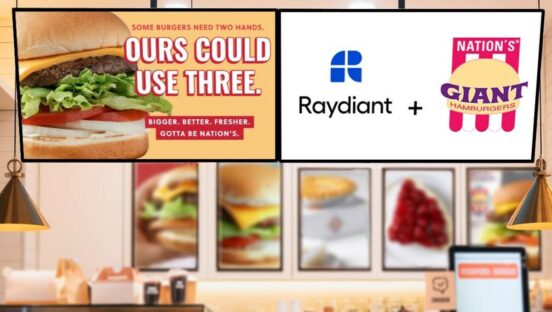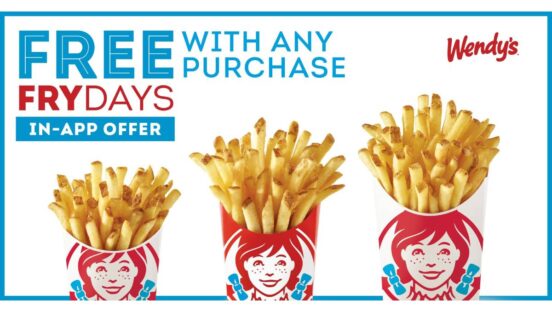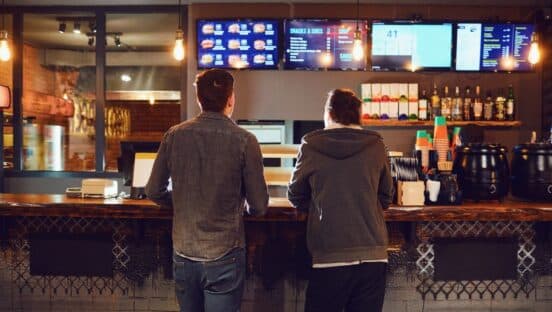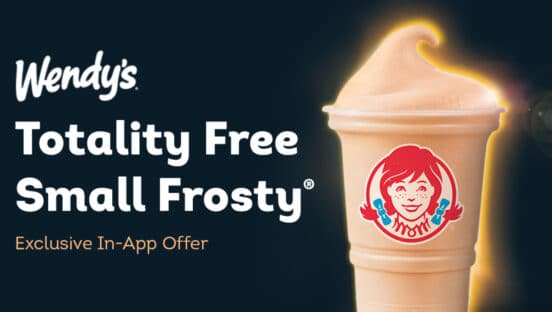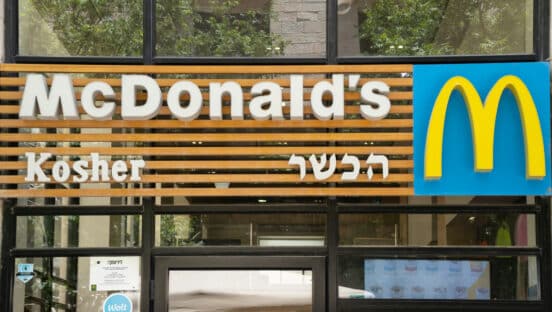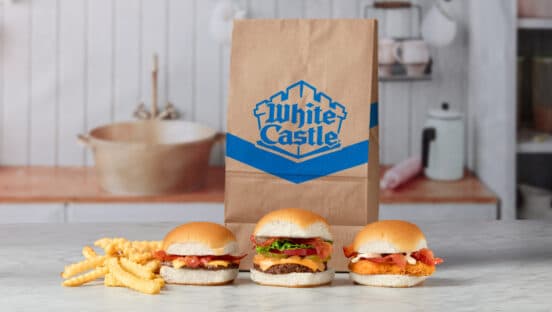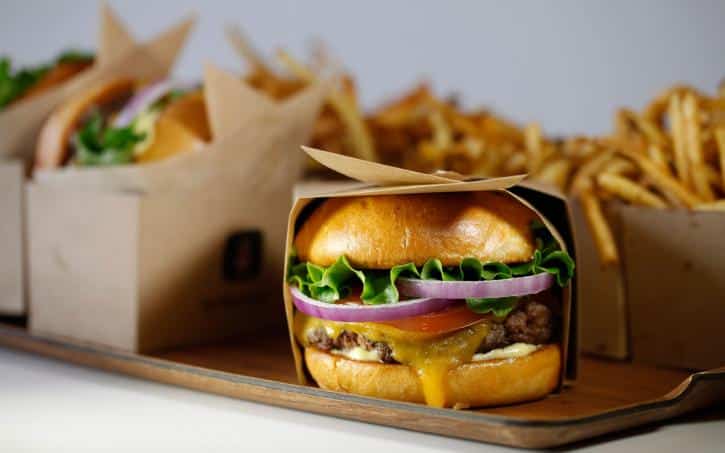
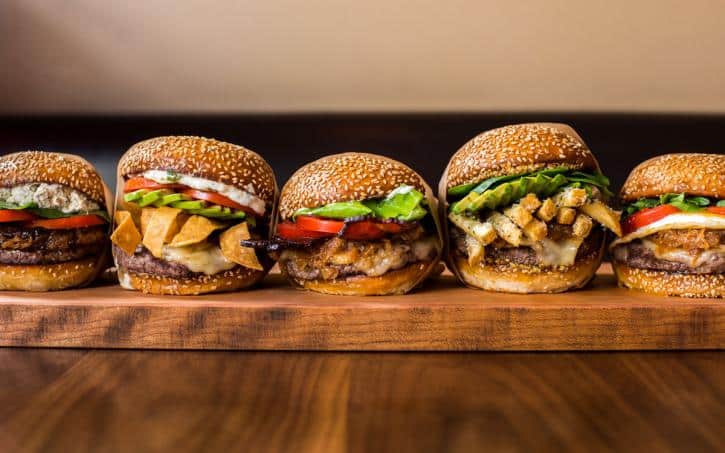
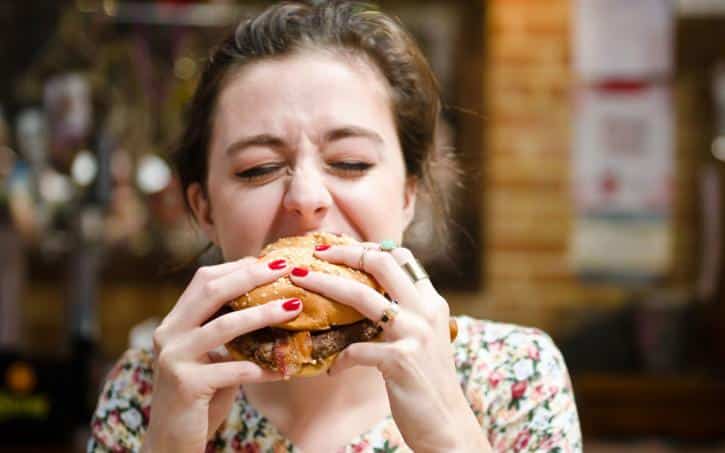
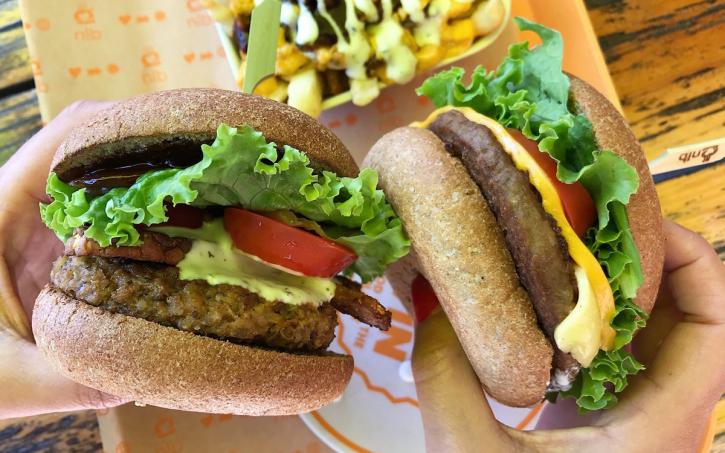
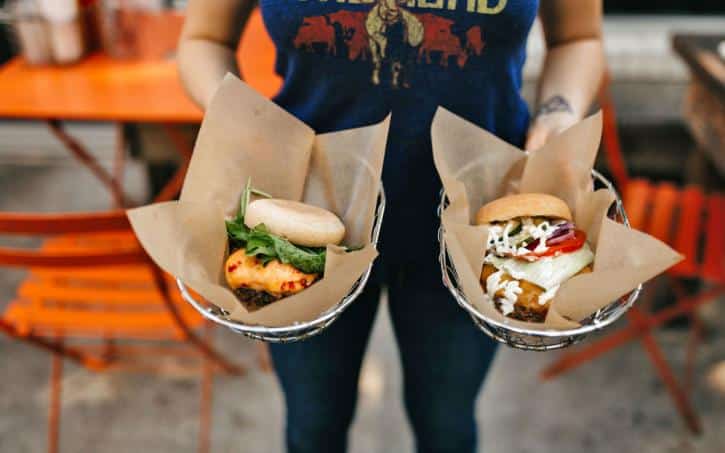

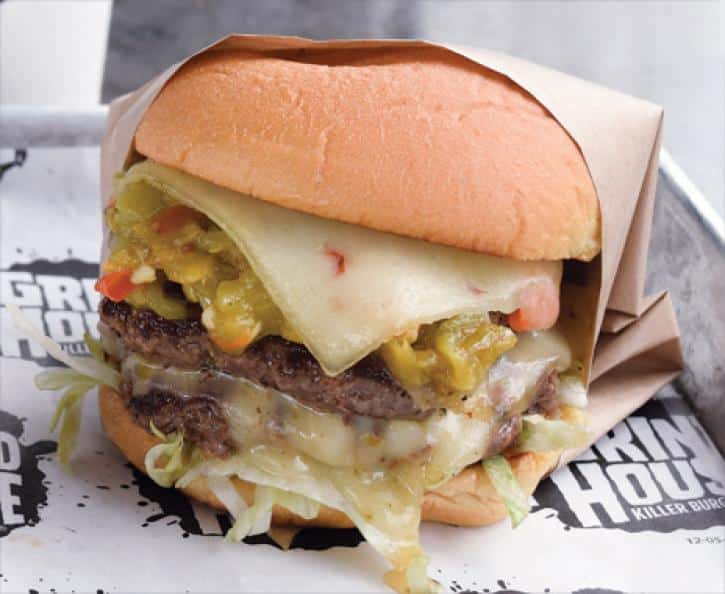
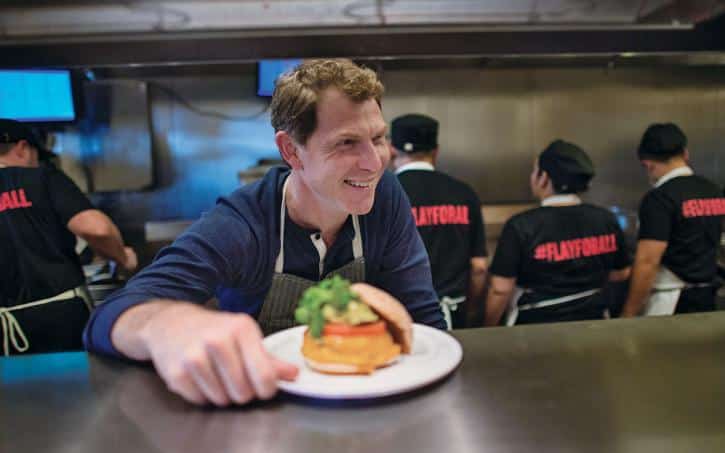
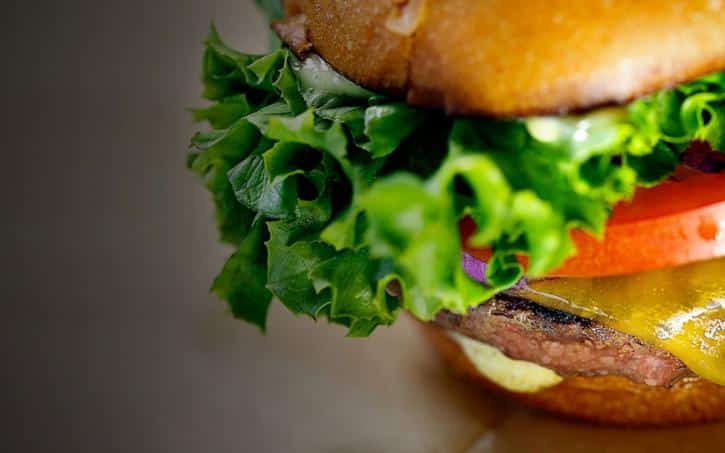
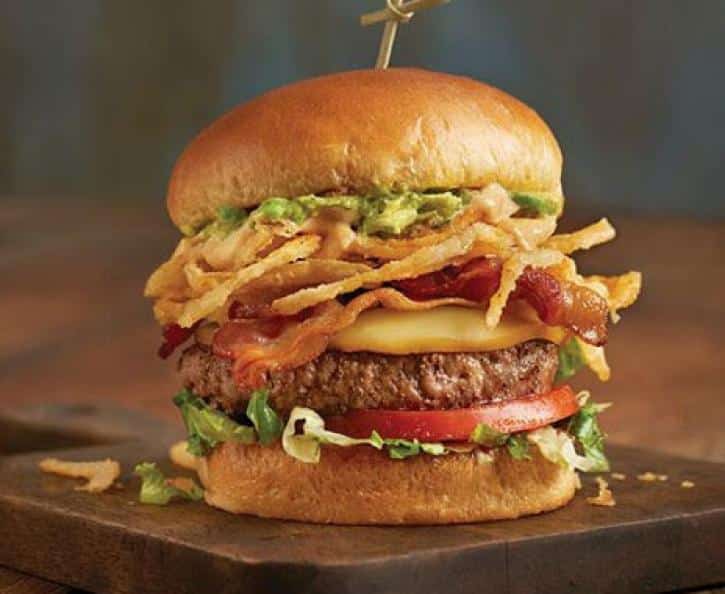
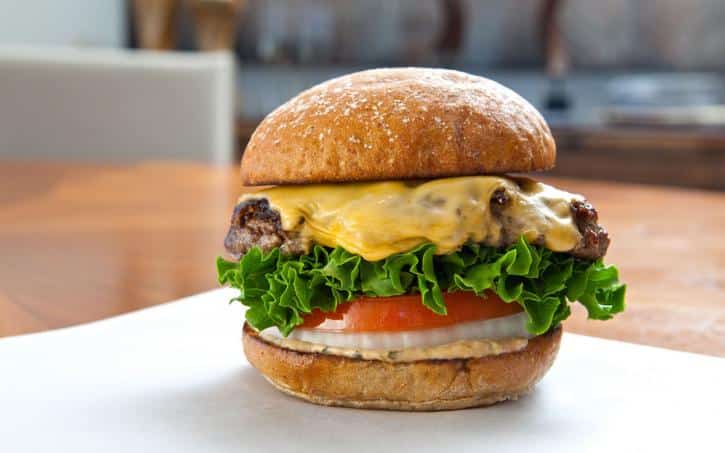
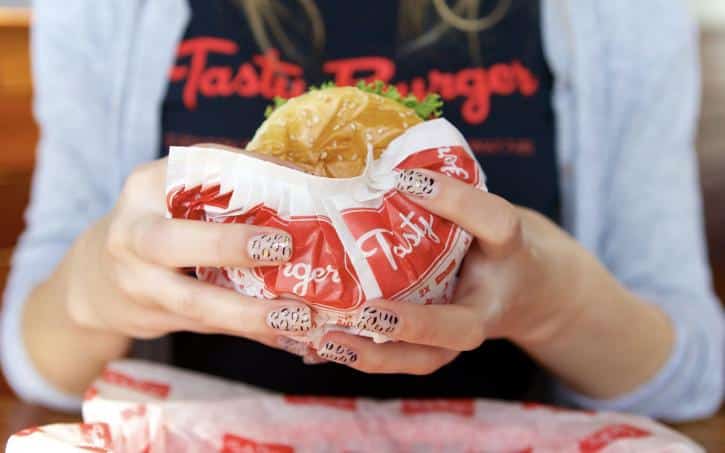
Cook the competition
The better-burger category. It’s become so saturated it’s hard to gauge what that phrase even means anymore. Customers are so savvy that menuing high-quality beef is akin to saying you carry water in your restaurant. Guests want more. Ask many fast casual operators what the second most important tab on their website is (after menu, of course) and they’re likely to point to the “about us” section. A brand’s story is currency, as is its ability to matter in the subjects that separate true “better-burger” concepts from pretenders: Sustainability, purpose, sourcing, bold flavors, ambiance, variety. Those who can meet today’s guest where it matters most—which is no singular point—are the ones who will sizzle on multiple fronts.
Here are 11 burger brands leading the pack. Click the arrows in the picture above to begin the story.
Roam Artisan Burgers
Speaking to the previous point, here’s the first declaration Roam makes on its site. Food is on the back-burner. “Having a meal with us means sharing commitment to the land. We are passionate about improving the health of our planet, our communities, and ourselves through better eating—and have fun while doing it.” Roam sources seasonal product from local farms; proteins from ranches and farmers dedicated to traditional agricultural methods; shakes from organic dairy and pasture-raised cows; crafts sodas in house; uses buns from a local baker; and makes veggies burgers in-store. The restaurants themselves are also environmentally sound with energy-efficient appliances, power-conscious LED lightning, and reclaimed wood. Roam even runs state-of-the art recycling and composing programs, and converts its food scraps and to-go ware into fertilizer. Wine, kombucha, and local beer flows on tap. By the way, the 2010-born brand, brought to life by Joshua Spiegelman and Lynn Gorfinkle, opened its latest location in Uptown Oakland on May 11. It joins two San Francisco spots, a Lafayette store, and one in San Mateo, California. The new restaurant has an ingredient-related reuse to allow the fry oil to be transformed into bio-fuel. To put it lightly, Roam is definitely a better-burger brand that puts its money where its purpose is.
Twisted Root
The 19-unit burger chain doesn’t discount quality; it just realizes there’s more to the burger game than top-notch buns and patties. “Everyone will say ’quality, quality, quality,’ and I don’t want to discount that. I’ll say that our quality is the best, and I’ll say that we do have the best burger in town, and a lot of our local magazines will say that,” cofounder Jason Boso told QSR in the inaugural 40/40 List. “But it’s actually our creativity and unique customer experience, from waiting in line to ordering to the decor to the overall entire customer experience. [Even] going to the bathroom, you might discover something unique or fun.” You might even get to sample a camel burger that day. Twisted Root rotates exotic meats as daily options—something it’s developed a cult following for. Founded in in the Deep Ellum neighborhood of Dallas, Texas in 2006, Twisted Root remains chef owned and operated by Boso and Quincy Hart. The toppings are made in house; they serve half-pound beef patties; condiments and pickles are custom created by the culinary team. The concept was featured on the second season of Diners, Drive-Ins, and Dives, and has continued to grow, mostly corporately, although there are a few franchises.
Next Level Burger
Matt de Gruyter had bold ambitions since day one (1,000 units in 10 years.) He knows the goal is reaching for the burger stars, but de Gruyter has confidence in Next Level Burger’s potential to fill a need and satisfy a market ripe for such a concept. America’s first 100 percent plant-based burger brand has a strong West Coast presence with three Oregon locations, one in Seattle, and a lone California store. This past February, Next Level Burger made a cross-country move to Brooklyn, New York. That unit is the fourth to open inside a Whole Foods 365 Market. Moving forward, the partnership, which de Gruyter said lines up with the company’s mission, is going to help propel NLB to markets and audiences around the nation. And it’s been a hit since the outset. The first location, in Bend, Oregon, in July 2014, was so popular it had to close after eight days when food ran out. De Gruyter says he didn’t create NLB because the market was ripe for plant-based eating, though. It was a way of life for his family. The rest simply worked out. “We did it because it was what we believed in and what we thought was best,” he says. “And it just happened to line up as far as the trend swinging in the right direction when it comes to plant based and non-GMO organic foods.”
Farm Burger
If you’re going to put the word “farm” in your name you better back it up. Especially in an industry where the farm-to-table mantra is about as worn out as last week’s lettuce. Here’s what gives the 12-unit chain instant credibility: co-founder Jason Mann was actually a farmer before joining George Frangos to create the brand nearly a decade ago. He worked as an organic farmer in California before moving to Athens, Georgia. There he ran an agricultural facility at the University of Georgia, but also opened a sit-down Farm 255 and founded an organic co-op farm to supply the restaurant. Mann told QSR that Farm Burger “really was an experiment in that, how does a farmer—aka me—develop a concept that is driven by the producers?” Even as it’s grown to California (two units), Alabama (two), North Carolina (two), Tennessee (two), and continued to build out Georgia (four), Farm Burger remains true to its agricultural roots by sourcing local, antibiotic-free, ethically raised meats, and by using the whole animal. There’s a unit inside Atlanta’s Mercedes-Benz Stadium that Mann said is the only NFL stadium spot to boast local, 100 percent grass-fed burgers.
Zombie Burger
It’s an attention-grabbing name, no doubt. But there’s plenty of substance behind the flash for the brand, which opened in the East Village area of Des Moines, Iowa, in 2011. Iowa-based chef and restaurateur George Formaro is a lifelong horror fan who was originally inspired by the Universal Studios horror monsters, as well as the German Expressionist film The Cabinet Of Dr. Caligari. The GOREmet concept (the brand’s pun, I can’t take credit for it), manages to be edgy and interesting without being bloody. This helps it stay family friendly while remaining unlike anything else out there. In the original location, there are three murals by artist Ron Wagner depicting the Zombie Apocalypse in Des Moines, which are creepy without being graphically gory. Other design components include a 19th century wicker coffin, a zombie clown, and a couple of life-sized zombies with whom customers can get their picture taken. “When I told my partners what I wanted to do, there wasn’t a model for me to look at for this,” Formaro told QSR earlier in the year. “We were just going to have to create this thing and hope for the best. But we’re really able to push it further now. We have the scary zombies up front totally decked out in what I call ‘apocalyptic chic.’ We have these chain-link fences hanging all over the dining room. There are barred-up windows and a lot of different textures.” Zombie Burger features its own custom three-cut beef burger blend, specially crafted artisan buns, and is also known for its hand-mixed shakes.
Grindhouse Killer Burgers
Grindhouse had a fortuitous beginning for a burger brand. The concept started in 2004 among seafood, meat, and produce vendors inside Atlanta’s Sweet Auburn Curb Market. Quickly, it earned a reputation for its high-quality beef, homemade brisket chili, and B-movies and Kung Fu films projected on the concept’s subway tile walls. By 2011, the brand was in expansion mode. The flagship 100-seat location opened on Piedmont Avenue in a converted fueling station, and featured a covered patio and full bar that began serving what are now renowned Boozy Shakes. A third store opened in 2013 in Five Points in Athens with a rooftop sports bar, much to the pleasure of nearby UGA students. Three years later, a fourth restaurant sprung to existence in downtown Decatur with a similar rooftop bar and patio design. There are now six units, including an airport restaurant at Hartsfield-Jackson International Airport. Founded by Alex Brounstein, an Emory graduate and former real estate attorney, the chain hasn’t slowed in its commitment to sourcing and providing an atmosphere that encourages guests to stick around.
Bobby’s Burger Palace
Bobby Flay’s 17-unit burger chain has a pretty powerful marketing tool—its founding chef and namesake. Yet Flay has enough experience in this industry to know it takes more than built-in branding to scale a burger chain with as much growth potential as this one. BBP unveiled its franchising initiative last fall and is poised for rapid expansion, with a deal already taking it to Atlanta’s Hartsfield-Jackson Airport. Flay is fully involved and built BBP with a nod to his love of the grill and travels across the U.S. The beef is never frozen, made-to-order, and BBP’s menu features more than a dozen signature burgers. Everything, from the hand-cut fries to salads to milkshakes, are created from original Flay recipes. The brand is known for its “crunchified” option as well, which allows guests to order any burger with crunch potato chips on top.
Larkburger
The tagline says it all: “All-natural isn’t just our cooking policy. It’s our business policy.” It’s hard to argue that Larkburger goes above and beyond the typical sustainable-focused concept. The restaurants are built with reused wood paneling. All of the electricity is offset by purchasing wind credits. Containers are biodegradable. Utensils made from potato and corn starch. Packaging created from unbleached paper pulp. And here’s one you don’t see every day: the canola oil is reused to power cars. Larkburger celebrated its 10th anniversary in December 2016. It was started by Chef Thomas Salamunuovich in Colorado. The concept has since grown to 12 Colorado units and one Kansas store in Corbin Park. Larkburger is led by Todd Coerver, the former chief operating officer at Taco Cabana. From truffle fries to kale salad, Larkburger’s menu is a step above the common burger joint. Sauces and dressings are made in-house and hand-cut fries cooked in trans-fat free canola oil. The all-natural Black Angus Beef is also picked with precision.
Burger 21
Burger 21 is in growth mode. There are 22 units currently with four new stores and locations already announced, including the chain’s first foray into Texas, where two restaurants are slated for Austin and McAllen. Albuquerque, New Mexico, will also be a fresh state for the brand. The other upcoming restaurant is headed for St. Petersburg, Florida—the state Burger 21 appreciates its largest footprint of nine locations. The other states are Georgia (four), North Carolina (three), Illinois (one), Michigan (one), Arkansas (one), New York (one), and Virginia (two). So clearly, the map is wide open for Burger 21. The brand has an interesting background. In November 2009, the owners of the popular fondue concept The Melting Pot envisioned the fast-casual burger brand. After researching and taste-testing hundreds of burgers, Burger 21 came to life in the Westchase area of Tampa. The company has grown thanks to an established and fun culture, it says, known as “B-isms.” Showcased on the walls and on back of menus, these state brand values and range from “B-saucy” to “B-different” and so on. Each restaurant also donates 10 percent of its proceeds to a local charity or school on the 21st of each month. The burgers are a third pound of beef, 100 percent certified Angus, hand-pressed daily, and cooked to order.
Burger Lounge
Founder Dean Loring and San Diego-based Burger Lounge are all about simplicity. But that doesn’t mean it’s easy. The opposite, really. “Simplicity is complicated,” Loring told QSR. “Nothing is ever as easy as it seems. Each day our goal is to be better than the day before, and that is what keeps it interesting.” What does this ethos look like? Instead of stacking burgers high, the chain focuses on fewer, higher-quality ingredients, and creative and thoughtful ways to present unique flavors that feel authentic to guests. Like Loring said, sounds easy, but not easy to execute. Burger Lounge’s formula, though, undeniably resonates with guests. It has blossomed to 22 locations with three more coming soon in Sacramento (two) and Campbell in the Bay Area. Eight of the current units are in LA, nine in San Diego, two in Orange County, one in Walnut Creek, a Las Vegas store, and a location in Temecula. The “Original Grass-fed Burger” (it’s trademarked) also serves up cage-free turkey, salads featuring organic produce, and a cod sandwich that’s sustainably sourced.
Tasty Burger
At six-unit Tasty Burger (five locations are in Massachusetts, one in Washington, D.C.) the burgers come wrapped in eco-friendly packaging. The all-natural beef meets HFAC third-party review standards and is never given any growth hormones or antibiotics. It’s grass fed and finished on a 100 percent grass and grain diet, which produces a uniquely savory steak flavor, the brand says. The buns are even homemade in the old Sunbeam Bread factory. There are proprietary hot dogs, house-made sauces, and fresh ingredients. Employees wear pins that read” “Customer 1st.” Since being founded by a group of chef friends and unveiled behind Fenway Park in Boston in 2010, Tasty Burger has become the Official Burger of the Boston Red Sox in 2014; the Official Burger of the Boston Calling Music Festival; and the Official Sponsor of the Yawkey Club of Roxbury and the Independent Film Festival Boston. Besides being affordable (special burgers are $6.25), the concept is known for its tots, turkey burger, mini pies, and 16-ounce shakes, including the Green Monster.


